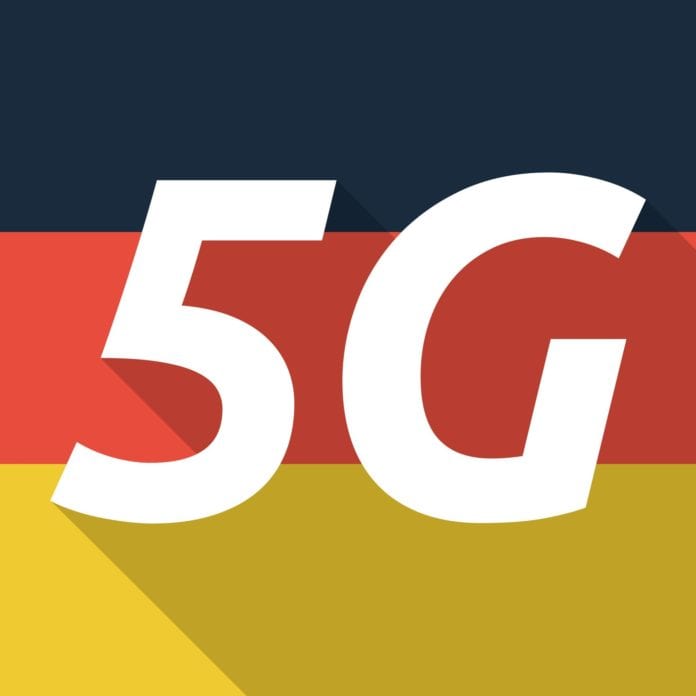The local telecom regulator also announced new security requirements for telecommunications vendors
Germany’s Federal Network Agency (BNetzA) has confirmed that it will award spectrum for the provision of local 5G services in the second half of this year.
Under this process, German companies will be able to apply for spectrum in the 3.7-3.8 GHz band, the regulator said in a statement.
“There is great potential for 5G, especially in the industrial area,” BNetzA President Jochen Homann said. “We want to make frequencies available for companies to build local networks that exactly meet their needs.”
Several German car makers and industrial companies have already announced plans to take part in the process.
This process is separate to the auction of national 5G licenses that is scheduled to start on March 19. The regulator had previously confirmed it had received applications from four companies to take part in its national 5G auction.
Although BNetzA did not reveal the identity of the interested companies, local press reports suggested that Telefonica Deutschland, Deutsche Telekom and Vodafone, as well as newcomer 1&1 Drillisch will take part in the process.
The regulator also recently published the key elements of its additional security requirements for telecommunications networks and services.
“We revise the security requirements on a regular basis in light of the current security situation and technological developments,” Homann said. “Security requirements apply to all network operators and service providers, irrespective of the technology they deploy. All networks, not just individual standards like 5G, are included.”
The following additional security requirements are planned:
-Systems may only be sourced from trustworthy suppliers whose compliance with national security regulations and provisions for the secrecy of telecommunications and for data protection is assured.
-Network traffic must be regularly and constantly monitored for any abnormality and, if there is any cause for concern, appropriate protection measures must be taken.
-Security-related network and system components may only be used if they have been certified by the Federal Office for Information Security (BSI) and undergone IT security checks by a BSI-approved testing body.
-Security-related network and system components may only be used following an appropriate acceptance test upon supply and must be subjected to regular and ongoing security tests. The components that are security-related will be defined by the BSI and Bundesnetzagentur by mutual agreement.
-Only trained professionals may be employed in security-related areas.
-Proof must be provided that the hardware tested for the selected, security-related components and the source code at the end of the supply chain are actually deployed in the products used.
-Adequate redundancy must be available for critical, security-related network and system components.
Germany’s Economy Minister Peter Altmaier said the country had no intentions to ban Chinese vendor Huawei from building 5G networks in the country but highlighted that stricter security measures will be adopted for all vendors willing to take part in future network deployments in the country.

